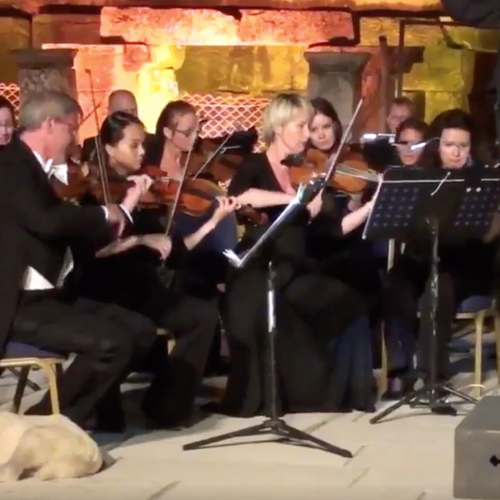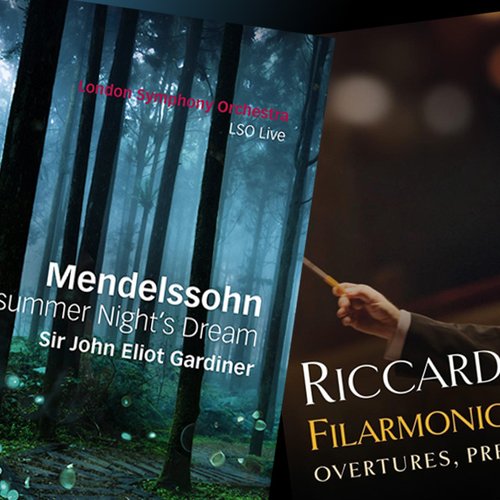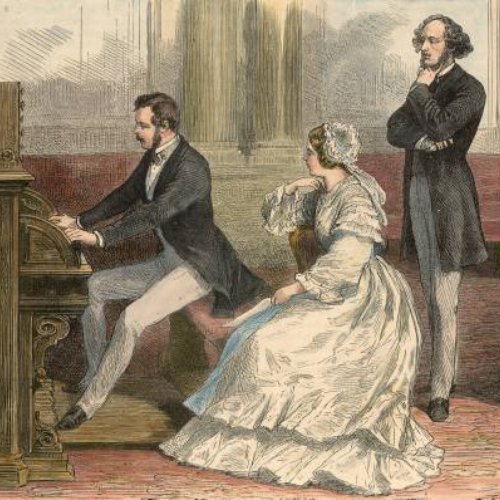Artist's View On Felix Mendelssohn
The other day, I was coaching students in Mendelssohn’s Piano Trio in D minor, one of my favourite chamber works. As part of their coursework, the group had written a programme note that said, “Mendelssohn came from a wealthy family and never had to worry about money. Because of this, his music lacks depth and emotion.”
I asked if this was their own opinion, and they said they had “read it in a book”.
I, too, have seen Mendelssohn dismissed like that in books, but I don’t feel that it’s the right way to account for his delicate style. Because his music flows gracefully and is even-tempered, he’s often accused of being someone to whom it all came too easily.
But for me there’s a great strength at the heart of his music coming from the feeling that forces are in balance. He’s generous, yet restrained; disciplined, but full of fantasy. There’s plenty of emotion, but he uses it sparingly and purposefully.
Many of his piano parts are so demanding that the sheer abundance of notes can take up all your attention in the early stages. It takes a while before you can see through the veils of notes to the bones of the music, but when you do, you perceive the beautiful structure and clarity of his musical planning.
In that respect playing Mendelssohn sometimes feels like playing Mozart transposed to the 19th century. There are few other composers whose piano music can give the performer such an exhilarating feeling, like flying.
Recording Mendelssohn has been a huge challenge, because it’s so hard to be both accurate and serene under the pressure of his torrents of notes. But it’s so satisfying when it goes well. I never feel that Mendelssohn was simply showing off, more that his piano writing reflects the lightning reflexes of his thoughts.












